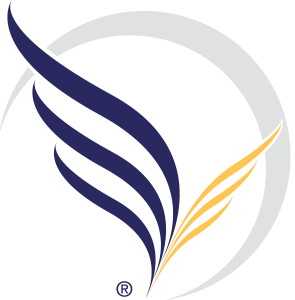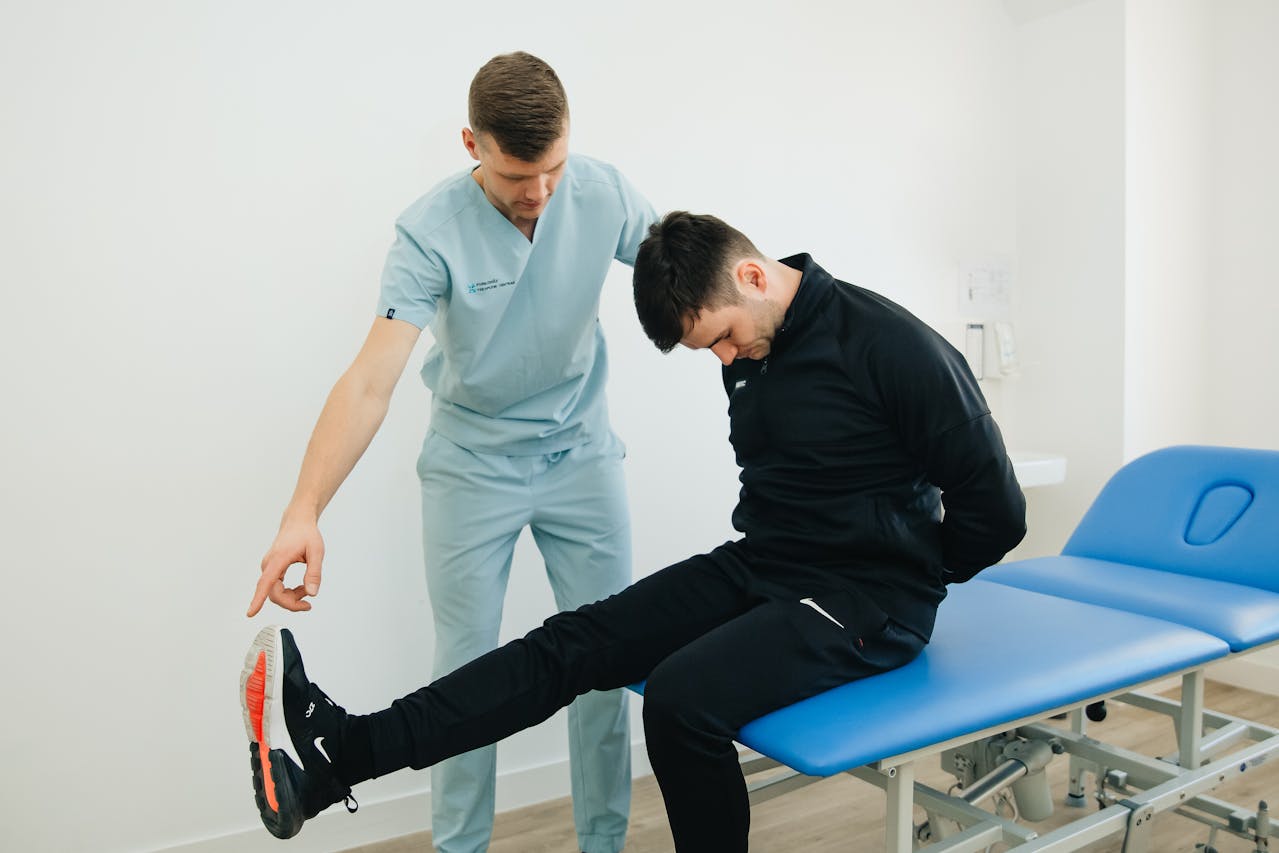“I don’t want my mother’s legs.”
If you mother has varicose and spider veins that is one trait that you do not want to emulate. Yet a genetic tendency is one of the main reasons we develop unsightly varicose and spider veins. You may have forgotten about the way your legs ‘look’ only to be reminded by a visit with your Mom and observing her legs.
These varicose and spider veins are embarrassing. In fact you and your mom may hide your legs never wearing shorts or a dress. Since the problem gets worse with time the fear of having legs like your Mom’s is a good reason for seeking treatment. You definitely want to seek treatment to prevent the cascade of symptoms referred to as Chronic Venous Insufficiency (CVI) including: swelling, skin discoloration and ulcers.
If you are noticing to beginning of visible spider veins and bulging varicose veins you will want to do whatever you can to keep your legs from looking like your moms. Preventive measures include: medical grade compression socks when you are up on your feet, elevating your legs when you get an opportunity, engaging in a regular exercise program and maintaining a healthy weight.
The problem with vein disease is that it is chronic and progressive even if you do everything you can to prevent bad veins. Despite preventive measures inheritance, occupational risks and the effects of pregnancy and hormonal changes are powerful. That is where good care with a phlebologist is critical in helping you ‘not have your Moma’s legs.’
This information about inheritance and varicose and spider veins is important. You don’t have to have your Moma’s varicose and spider veins. Your phlebologist (physician who specializes in the treatment of varicose and spider veins) can evaluate your legs with a simple office exam and ultrasound and tell you your risk of having unsightly veins.
If you have the symptoms of varicose veins or vein disease don’t let them keep you from a good night’s sleep.
Call your phlebologist for an appointment to determine if you have vein disease and what can be done to treat it.
If You Live in GA Call (800) 764-3280 to get Help!









